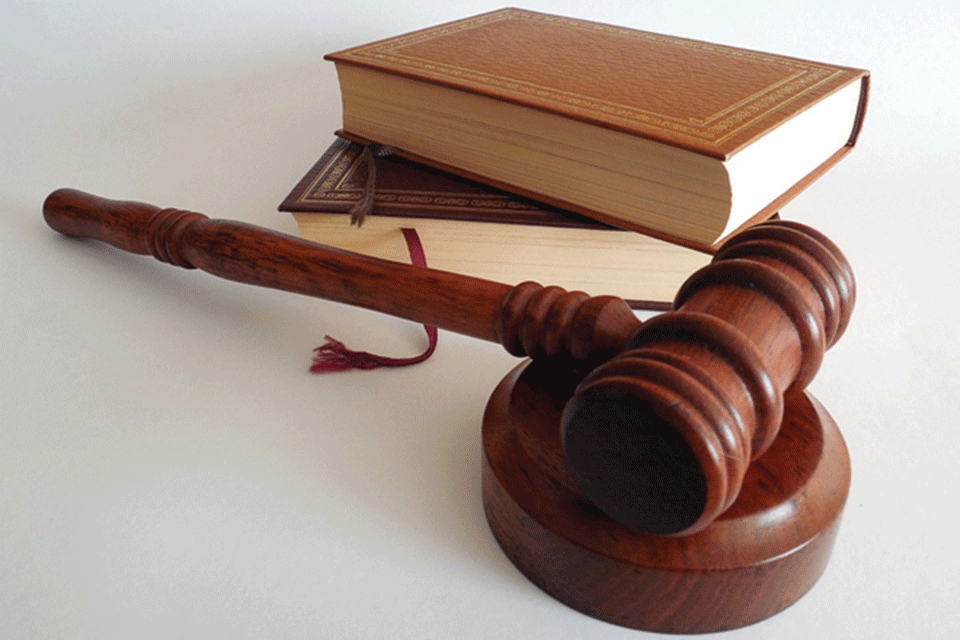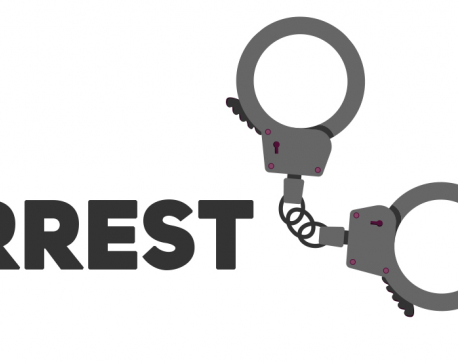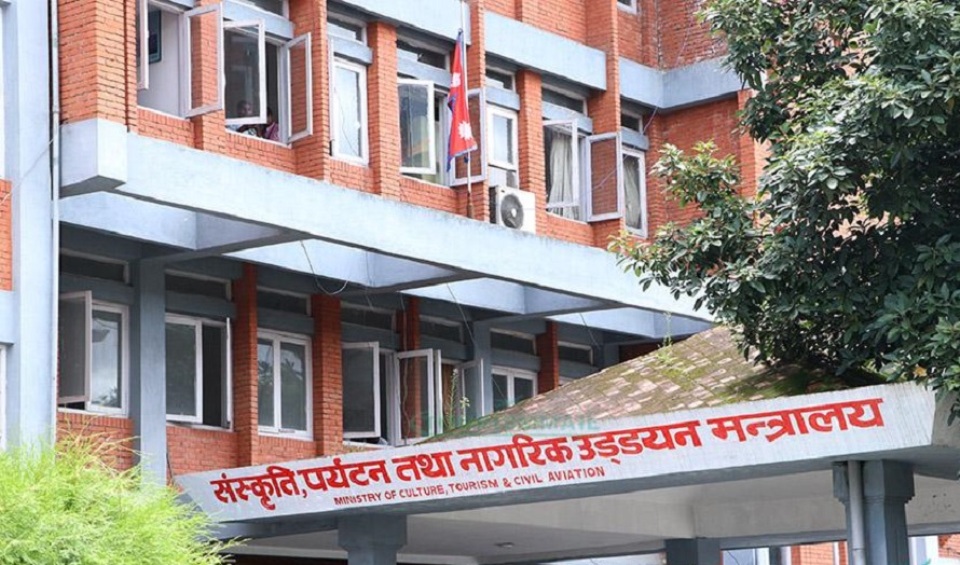
OR

It is through direct conversations that young lawyers around the world can collectively create legal solutions to social problems exacerbated by technology
Social media has become both a mitigating and magnifying force for divisions between people around the world. In recent days, we have seen the connection between growing online hate speech and hate crimes in the real world. The apparent inability of legal regimes to creatively deal with this growing trend demonstrates how fast technology has outpaced the law. Even still, countries around the world have a unique asset to help the law catch-up to technology: a growing cadre of young tech-savvy lawyers and soon-to be lawyers. The development of this asset was at the center of the Second Annual US-Nepal International Moot Court Competition, which took place on March 7-9.
Moot court competition
Each year, the US-Nepal International Moot Court Competition brings together five universities of law from Kathmandu and the Howard University School of Law, from Washington DC. The competition was inspired by my experiences with law students from Kathmandu who explained to me how many of them compete in international law debates in cities like Washington DC and London. Knowing that these cities pale in comparison to the magical beauty of Kathmandu and the brilliance of its young law students, the idea behind the competition was to bring a US law school team to compete against Nepali students. The goal of the competition has been to foster friendship between Nepali and American students and to hone their skills in public advocacy, legal research and writing.
Perhaps just as important as the bonds formed between the student competitors, this year’s debate problem brought together lawyers, soon-to-be lawyers, and judges to consider a very serious question: What role can international law play in a digital age of hate? This year’s debate problem reflected many of the growing trends seen throughout the world: hate speech reaching greater numbers of impressionable audiences through social media, the resurgence of identity-based crimes like mass shootings, assaults, and murders, and the formation of violent nationalist groups wreaking havoc online and in real life. These issues not only impact the United States and Nepal, but all countries around the world attempting to balance freedom, security and social harmony.
It will be young lawyers, like the moot court competitors, that will need to creatively address these problems during their careers as future legislators, diplomats, prosecutors, defense attorneys and human rights defenders. The hope of the competition organizers was to equip the students with the knowledge needed to address these modern problems. For example, the competition required students to learn international standards relating to hate speech and crime, which they could eventually use to help write and interpret laws that fight these forms of hate.
Following the Christchurch terrorist attack, Prime Minister Jacinda Ardern explained to New Zealand’s Parliament that “we cannot simply sit back and accept that these platforms just exist” and what is said is not the responsibility of the place where they are published. The significance of hate in the digital issue was also recognized by Supreme Court Justice Sapna Pradhan Malla in her address at the opening ceremony of the competition. As she explained, while there are constitutional and international rights, there are also related duties for citizens and platforms to exercise their rights responsibly, but it will be up to legislators and judges to establish those duties in a digital age.
Combating hate
While many American jurists have historically argued that freedom of speech should be a near-absolute right, a new generation of legal scholars are reconsidering what value hate speech can have in social discourse and what level of protection it should be afforded. International law generally accepts that certain forms of hate speech can be criminalized by countries as a legitimate limitation on free speech. Yet, many of the original human rights treaties at the core of international law were created before anyone could imagine the scope of the modern digital space.
This has led some countries to create digital security laws that curb freedom of speech all together and especially criminalize political dissent, not just hate speech. These laws demonstrate how there is a complicated balance that countries will need to adopt in the digital age. Regional human rights courts in Europe and Africa are developing dynamic jurisprudence to determine what constitutes a proper limitation on free speech by a country in modern times.
The winners of this year’s competition included the Kathmandu School of Law, which won best team, best brief, and best oralist awards, Nepal Law Campus winning second best brief and Howard University School of Law winning second best team. Yet, beyond trophies, my hope for this year’s competition is that it sparks an idea and conversation about what role young lawyers can play in shaping legal responses to technological developments that impact the real world.
As borders are softened through the growth of the digital space, cooperation and respect for the law are increasingly important in addressing growing divisions between groups and nationalities around the world. It is together that we can overcome these problems, not apart. It is with cooperation and respect for the rule of law that countries can address growing divisions among their populace. And it is through direct conversations that young lawyers around the world who have spent their entire lives navigating the digital space can collectively create legal solutions to social problems exacerbated by technology.
The author is Adjunct Law Professor at Howard University School of Law, Washington DC. The opinions offered herein belong personally and exclusively to the writer and do not reflect the policy or views of the US government
You May Like This

Two arrested on charge of online fraud
KATHMANDU, Jan 17: Police have arrested two “fraudsters” on the charge of duping people through social media. ... Read More...

France says social media platforms will still sign hate speech pledge
BIARRITZ, Aug 25: France said it was optimistic that U.S.-based social media platforms including Facebook and Snapchat would still sign... Read More...

New Zealand to target online giants with digital tax
WELLINGTON, Feb 18: New Zealand said on Monday that it plans to update its laws so it can tax revenue... Read More...









Just In
- Govt amends nine laws through ordinance to attract investors
- NRM to announce two citizen heroes today
- Federal capital Kathmandu adorned before Qatar Emir's State visit to Nepal
- Public transport to operate during Qatari king’s arrival, TIA to be closed for about half an hour
- One arrested from Jhapa in possession of 43.15 grams of brown sugar
- EC to tighten security arrangements for by-elections
- Gold price drops by Rs 2,700 per tola
- Seven houses destroyed in fire, property worth Rs 5.4 million gutted








Leave A Comment